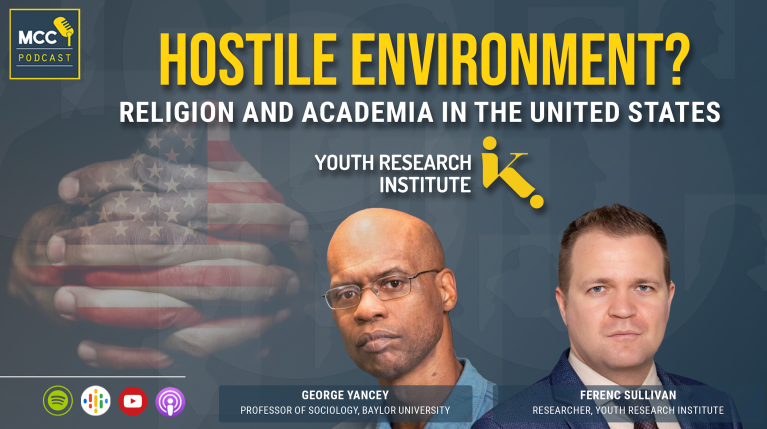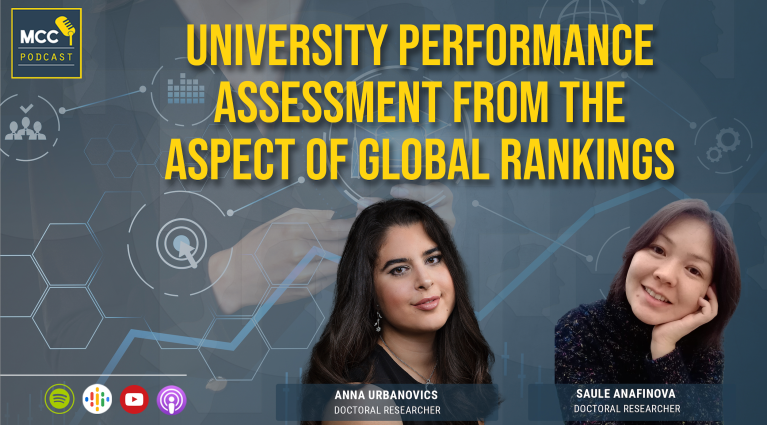The current situation involving Russia and Ukraine is splitting the European continent (with the notable exception of Hungary) into two categories of country. Actually, all are marching toward damages and chaos, but there are those who do so consciously, and those who do so as somnambulists. It seems the Anglo-Saxon world is taking part in exacerbating the phenomenon. Knowing there are huge historical troubles and complexes involved,
(1) Anthony Trollope (English. 1815-1882). The Way We Live Now (1875)
Melmott, the main character, is an adventurer who, we believe, made a big fortune in the Austrian empire. He settles down in the best district of London, Grosvenor square, hires personnel and starts living high life, hobnobbing with the best society. He intends to launch an investment on the stock market, in order to finance a railway project in the US (circulating from Salt Lake City down to Vera Cruz). The commercial prospect of the venture appears pretty uncertain, but Melmott knows the ways to convince people. He secures a close relationship with one or two young aristocrats and invites them to sit on the board of directors, none of them knows anything or cares about the company’s business, or the way of entreprises in general, but they are delighted at the prosperity it may bring to them. Soon the whole London society begins to buy stocks and the value of the venture grows up accordingly.
Melmott soon enters the Parliament, borrows huge amounts of money and sets up other ambitious projects. However, one of his partners, who happens to understand there is no railway construction going on and there will never be, reveals the story in order to keep himself away from the fraud. Melmott’s fortune suddenly starts sinking even more quickly than it had risen earlier. Creditors are pressing for repayment. Melmott is eventually convicted. He commits suicide.
In the story , there is also an American character, a lawyer named Hamilton K. Fisker. This is he who brought the railway investment idea to Melmott at the very beginning. He used to get on very well with Melmott. They understood each other. On one instance, Melmott made him appreciate he was definitely more interested in the stock’s value than in the actual prospects of the railway project. At the end, when Melmott is dead, when a part of the London aristocracy is ruined, the American lawyer manages to secure his money and travels back to San Francisco, ready for new adventures (he even marries the daughter of Melmott, whose large dowry is separated from her father’s collapsed fortune).
Analysis
— First, the British aristocracy (that means : Europe, or old Europe) is a sucker, it is washed out by a consortium of Central European – American crooks.
— Later on, Central Europe is itself sacrificed (Melmott’s suicide). America (Fisker, the lawyer) escapes all liabilities, swallows local resources (the dowry) and goes on well (home, in San Francisco).
(2) Joseph Conrad (English, born Polish. 1857-1924). The Secret Agent (1907)
In the beginning of the 20th century, a middle-aged, fatty man, named Verloc, owner of a dubious shop in London, wanders towards the offices of an embassy we believe is the one of an unspecified East European country (names of officers are Wurmt, Stott-Wartenheim, the embassy is now under the authority of the mysterious Mister Vladimir, a wicked, brutal, and perfectly francophone diplomat).
Verloc happens to be an agent, a double agent, because he works secretly for this embassy, while he is, at the same time, very well introduced in the inner cercles of the international anarchist movement in London.
Working on the weak and mean nature of Verloc, Mr Vladimir builds up a whole false flag operation in order to compromise the anarchist movement. It is about bombing the scientific premises in Greenwich, in the North suburb of London, and attributing the evil and nonsensical act to the anarchist movement. In Vladimir’s vicious reasoning, such an absurd gesture (an attempt against the human mind) would, more than any other terrorist attack, awaken the attention and the disgust of public opinion in England – and ultimately shed a very unfavorable light on the anarchist movement.
The reason behind the whole plot is that Mr Vladimir is bothered by his own country’s anarchy activists in exile in London, and he finds the British government much too liberal with them. His project is a typical false flag operation, aiming at artificially raising antagonism between the enemy (the anarchists) and a powerful third party (England’s government).
The book is an opportunity for Joseph Conrad to explore some personalities of the British establishment, as well as of the very colorful anarchist movement in exile, and of the ‘half-savage’ Eastern-European elite.
Analysis
— British obsession with the East European menace, ought to be materializing through opposition to both political exile’s and State terrorism’s canals.
(3) Joseph Roth (Austrian. 1894-1939). Hotel Savoy (1924)
On his way back from a Siberian prisoner camp, Gabriel Dan, a soldier in the Austrian-Hungarian army stops for a while in a large East European town we understand could be Łódź (Lodz). He settles down in a small room located up under the roof of the Hotel Savoy. Throughout the hotel’s labyrinth, he rapidly discovers the disparities within the post-war society, between the opulence of the first floors’ residents and the misery of those who live in the attic.
The whole story is built on the entwination of several cycles : seasonal reflux of prisoners of war, changes in the hero’s spirit, return to places linked to several layers of the past (the hotel itself, a dancing night-club, the Jewish neighborhood, the cemetery). However, a linear movement steadily appears. Slowly, a new character obtrudes himself into the story. He is Bloomfield (original name: Blumenfeld), a country boy who became legendarily riche in America. Since the beginning of the book, he’s known to be approaching, he’s on his way, now in Berlin, then in another town, on his way, closer and closer. Everybody is waiting, because he’s going to spread the West’s blessing – that is wealth – on the whole town. Those living under the roof are waiting, for they need money to pay rents and debts. They postponed their visit to the doctor, waiting for Bloomfield to pay the fees. The town’s industrialists are also waiting, who need large amount of money to invest in their business. Every profession in town wishes the promised input of cash will boost the economy. Each year, everybody is waiting Bloomfield’s yearly visit.
One night, Bloomfield appears. The lights of his limousine beam like the moon on the city’s darkness. In the eyes of Joseph Roth, the Occident is hideous, just as much as the industrial waste flowing in the gutter. But it is also seducing.
Bloomfield hires the ex-soldier, Gabriel Dan, as a private secretary. Thanks to the conformable remuneration, Dan might be able to save enough money to go further West, to Paris, maybe, who knows ?
The two men – Bloomfield and Gabriel Dan – chose each other, before they actually got to know one another. It was probably their destiny. For some time, they live side by side, business as usual. However, one day, they meet at the cemetery. In town, the crowd is concerned that things are not going in the right direction, that is in the usual way – as every year. But the beggars, in front of the cemetery, they are not concerned. They know, or maybe they feel the truth. Bloomfield – he’s probably terminally ill – came to knee on his father’s grave for the last time. And he’s crying too on his own forthcoming death. On his own inexorable decline, on his own inner alteration to the point that he can no longer recognize himself.
Analysis
— In other words, the Occident comes back and kneels before the grave of the Orient.
— The moral decline of the materialistic-minded Occident is driving the whole world onto the path of extinction.
(4) Jakob Wassermann (German. 1873-1934). The Maurizius Case (1928
The story takes place in Austria, between the two world wars. Leonard Maurizius has been languishing in jail for eighteen years, condemned for the murder of his wife. Etzel Andergast, the son of the prosecutor who tried the case, has reasons to think the judgement was unfounded. He decides to obtain a revision of the trial in order to free Maurizius. His search for a key witness of the case, Grégoire Waremme, a friend of Leonard Maurizius, is the occasion of deep reflexions on justice, on the free will, on the truth.
Grégoire Waremme, the witness who happens to be a crucial actor of the case as well, with a rather unsound contribution to the plot, now lives under a false name in a shady hotel in Berlin. He knows hat happened really, he knows the truth. Some time ago, he left Europe and spent a few years in America (in Chicago). Then he returned to Europe. When Etzel Andergast finally finds him (in Berlin), Waremme indeed provides him with some clues about the Maurizius case (no facts, but clues, which can be understood as a confession to the crime); but he also takes the occasion to recall the young man some of his experiences in the US, particularly one which deals with the cruelty and mercilessness of a crowd, while they were pursuing and eventually lynching a black man.
Analysis
—A man, trying to escape his guilt for being a Central European crook and criminal, flees to the US, and there, he finds the American society to be even more culprit and rotten than himself. He comes back and decides to confess and disappear.
Synthesis
In these four books, written in the dawn of the 20th century, the reader can distinguish a few structures which have been valid throughout the century, between the Anglo-Saxon world and Central & Eastern Europe. Those are the following:
— The East is considered as the past of the West
— There is a reciprocal fascination between the most abstract civilisation (the West) and rooted savageness (the East), against any attempt to reach a balanced compromise
— There is, between the Anglo-Saxon world and Central & Eastern Europe, a disposition to unite, to the detriment of other parts of Europe, but the process is in the hand and ultimately for the profit of the Anglo-Saxon world only
— The future is West; one doesn’t come back from the West – as one cannot break from a drug –, coming backward is ought to mean death (but is it really? Is it not time to break the curse, which has been identified and described in literature for many years already?)









